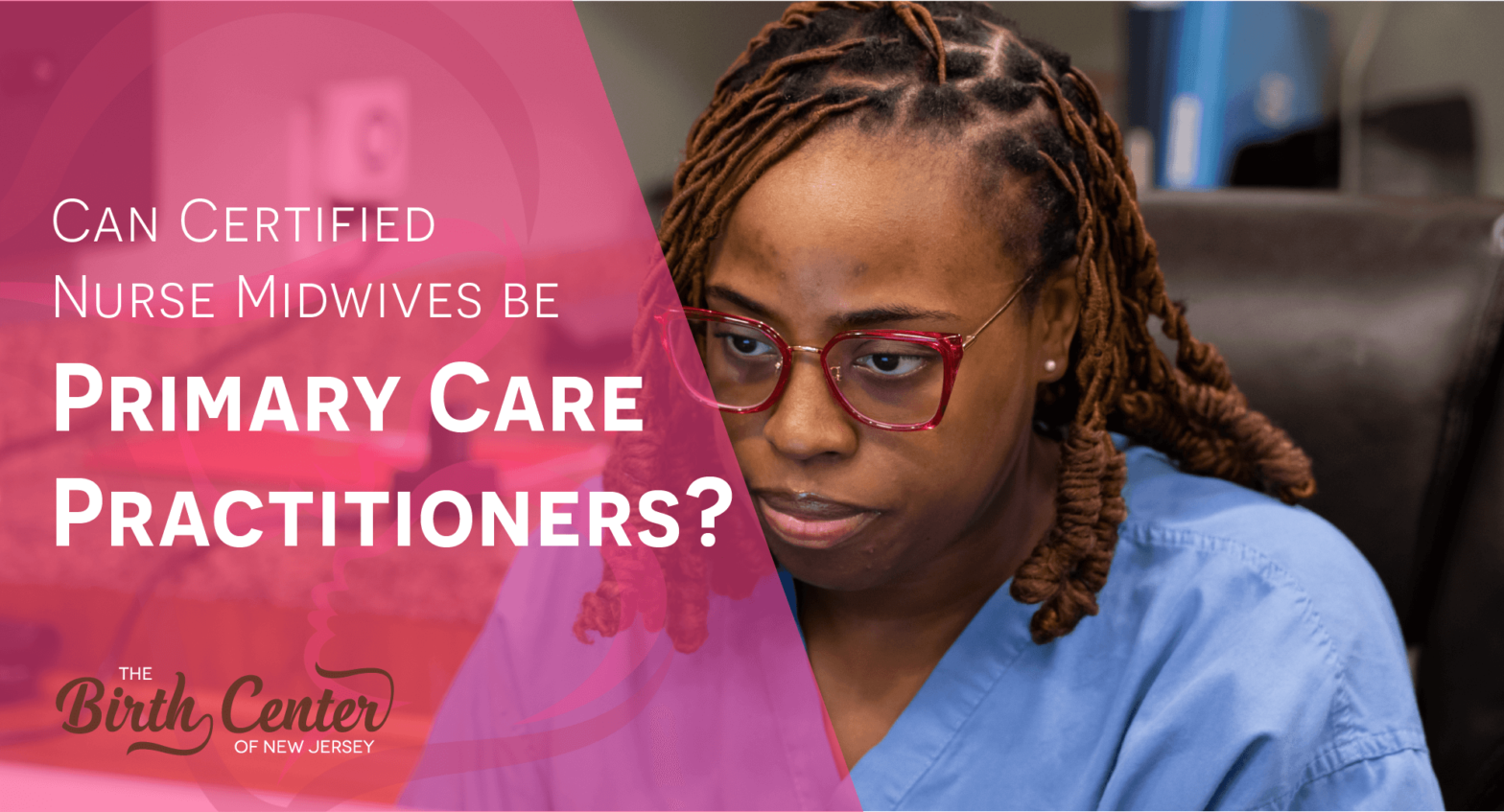Certified Nurse Midwives (CNM) are registered and licensed healthcare providers that are qualified to care for a woman from adolescence to premenopause, and also have the right to prescribe medications and tests.
A CNM can care for you not only through your pregnancy, and labor but also provide well-woman care throughout your life.
What services can a CNM provide?
While you can refer to a CNM for a multitude of conditions, it’s great to see them for:
- Your annual well-woman checkups or examinations
- Birth control and contraception related advise
- Routine gynecological problems such as infections or vaginal discharge
What health conditions can you see a CNM for?
Certified Nurse Midwives undergo a post-graduate training program after becoming registered nurses. This makes them very knowledgeable and enables them to provide care for chronic conditions like diabetes, hyperthyroidism or hypothyroidism, hypertension, PCOS, and other gynecological conditions that require long-term care.
A CNM can help you keep these conditions in check by offering you regular checkups, prescribing tests for timely monitoring, and adjusting medication if needed. CNMs can also help you manage more acute conditions like UTIs, muscle cramps, and sore throat. They even provide advice regarding contraception if you need it.
A CNM may also refer you to a doctor or other such specialists if they feel the need and a problem is beyond their expertise.
What is the difference between a midwife and an OB-GYN?
The primary difference between a midwife and an OB-GYN is their qualification. A midwife undergoes nurse training and then post-graduate training to become licensed in the field. While an OB-GYN undergoes medical school, residency, and then a fellowship to become certified.
An OB-GYN specializes in providing in-hospital care for pregnancy and gynecological problems. Other than pregnancies, they treat a multitude of conditions like infertility, heavy menstrual bleeding, fibroids, cysts, and even gynecological cancers. An OB-GYN has the training and certification to perform surgery such as C-sections if the need arises.
On the other hand, a midwife provides care in an out-of-hospital setting and specializes in deliveries. They can also help you with assisted vaginal deliveries and water birth.
They can provide medical treatment to a certain extent for simple gynecological problems but can not surgically intervene. A Certified Nurse Midwife is qualified to deal with your low-risk, non-life-threatening health issues and pregnancy but does not have the resources to provide care for more complex, high-risk conditions and pregnancies.
If you want to learn more about what having a midwife as a part of your healthcare team is like, send us a message!

